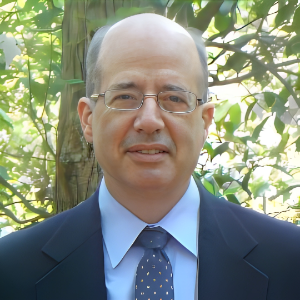Title : Addiction and Impairment in Self Control Relating Etiology to the Neural Representation of the Agent
Abstract:
Addiction has often been described as a disease of impaired self control, where the patient is incapable of resisting addictive substances. While neural mechanisms for self regulation are largely unknown, several psychiatric or degenerative diseases have been linked to impairments of the phenomenal construct of the self, generally regarded as the source of decision making capacity. Accordingly, study of these impairments could yield insight into how self regulation is altered in addiction. Schizophrenia, for example, is marked by disturbances of the self construct, seen in such symptoms as an abnormal sense of the body, loss of ego boundary and a confused sense of agency. Likewise, Alzheimer's Dementia manifests as a progressive loss of control of default mode, self circuitries that modulate task positive and task negative activity. Schizophrenia, notably, has been shown to negatively affect motor planning and execution, influences that have been linked to defects in goal pursuit and self agency. Theories of the motor plan invoke a predictive processing model in which the identification of expected actions are confirmed through their sensory identification, a process that could serve to identify the source of actions. However, goal specific information does not appear to be contained in action identification processes of the motor plan, since schizophrenia patients have been shown to be capable of identifying their actions in automatic behaviors, whereas they are impaired in the intentional performance of motor tasks. Hence, action selection processes appear to involve neural mechanisms other than those of action identification. Among these, representations of body posture are likely to be important proxies for global self-representation during dynamic action, one that could be influenced or directly modified by goal specific content. This talk will explore several mechanisms that may structure these representations and how they may be modified in cognitive diseases like schizophrenia and in addiction.




